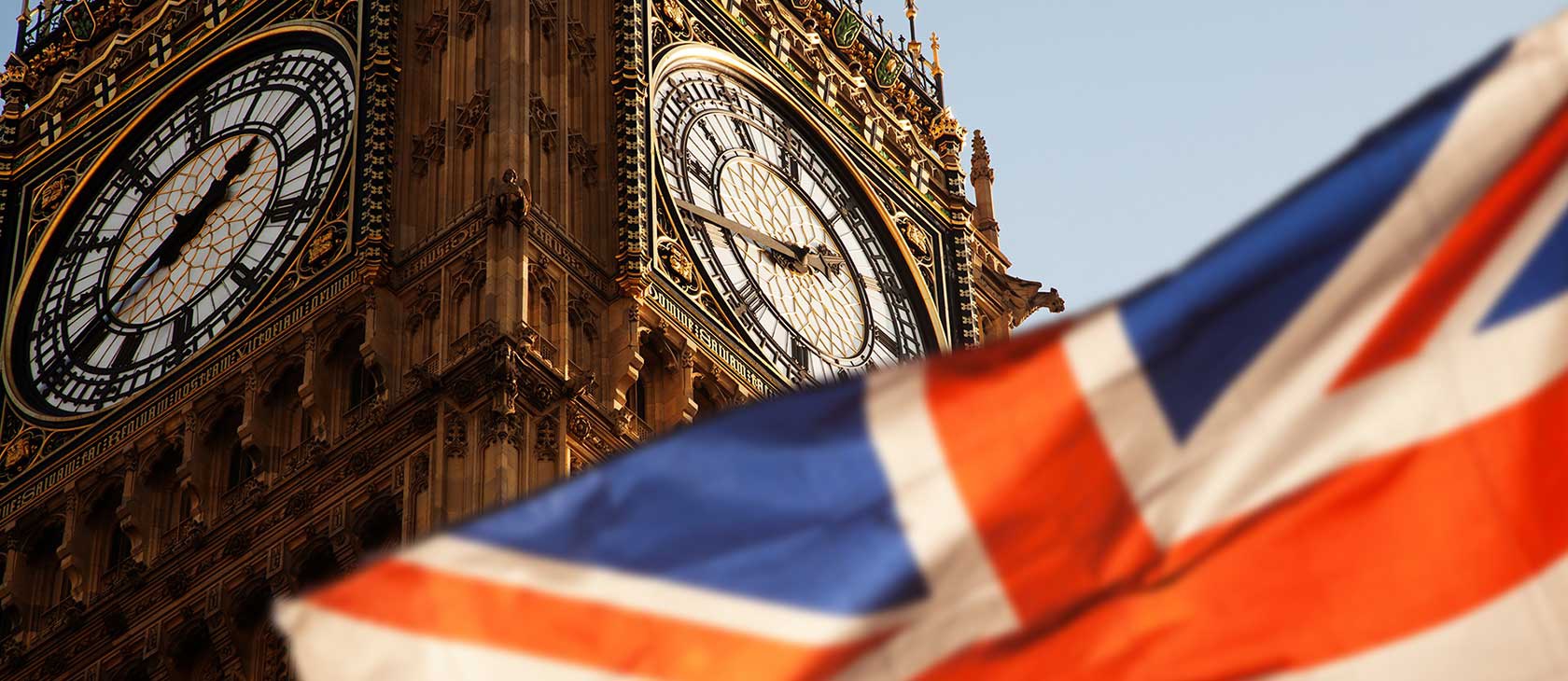Forty-seven tortured years come to an end tonight. The United Kingdom joined the European Union on January 1, 1973, and will leave – thank God – at 11 p.m. on January 31, 2020. The UK has suffered nearly five decades of the step-by-step erosion of the idea of the free nation state. The relationship was dominated by attempts to impose a common currency (which the UK repeatedly rejected), extract excessive financial demands to subsidise other countries (to which Margaret Thatcher famously replied, “We want our money back”), and inexorable moves toward a single political union (which, again, Thatcher emphatically rejected). We never really belonged in the EU, and the UK’s national character has been restored.
The idea of a free, sovereign nation drove the UK’s departure
Those who wanted the United Kingdom to remain a member of the European Union missed a fundamental point. In the aftermath of the 2016 Brexit referendum, Michael Ashcroft’s polling company interviewed more than 12,000 people about why they voted Leave. The results were as follows:
- Sovereignty – 49 per cent;
- Immigration – 33 per cent;
- Fear of EU expansion – 13 per cent; and
- Economics – 6 per cent.
The mistake made by the Remain establishment – and, indeed, most of the British establishment, from politics, to big business, to the Church of England, backed “Remain” – was to argue the next three years about economics. Leaving the EU will threaten jobs, damage trade, and lead to food shortages, they declaimed. There is, of course, an economic case for leaving the EU, but the point that was missed was that Brexit was really about a fundamental desire of humanity: our thirst for liberty. The Remain side argued about things which were not the prime motivators of the Leave voters. Indeed, one might argue that “sovereignty,” “immigration,” and “fear of EU expansion” are all expressions of the same issue: sovereign control over laws, borders, and finances. One way or another, some 94 per cent of respondents were effectively motivated by sovereignty or political liberty.
In a very real sense, this was symptomatic of the Remain problem. They spent the entire time from the referendum to the December 2019 general election using every means at their disposal to frustrate the clearly expressed will of the people in a national ballot. Parliamentary procedure was manipulated, the Speaker of the House enlisted, the Supreme Court used and abused. The left-of-center Labour Party had a particular problem in that, although it is clearly a Remain party, perhaps around a quarter of its electors voted Leave and they were concentrated in electoral districts in the midlands and north of England.
Brexit was really about a fundamental desire of humanity: our thirst for liberty.
The earthquake occurred on December 12, when around 50 of these voting districts flipped from Labour to Conservative, many for the first time ever. The BBC (think CNN funded by compulsory taxation) missed what was happening completely. When Boris Johnson visited a chemical works in the northeast of England, the broadcaster showed a woman asking a question designed to trip up Johnson (who sort of obliged). What they did not show was 20 men in hard hats, safety jackets, and hardened faces holding up a sign saying “We love Boris.” The seat flipped.
Post-Brexit opportunities beckon
The road ahead is strewn with obstacles designed to push our newly free nation off course. Prime Minister Johnson himself is an enigma; on his watch, more big government, state intervention, and government spending may be the order of the day. In addition, there are many with a vested interest in Brexit’s failure. Yet, there are unique and broad opportunities to strike a blow for liberty in at least three areas.
First, political freedom must be expanded. There are already suggestions that any future arrangement between the UK and the EU will include the jurisdiction of the European Court of Justice. In the memorable words of Mrs Thatcher, “No, no, no.” Reclaiming sovereignty for the nation and the elected British Parliament does not mean immediately surrendering that hard-won victory back to the EU. We also need to beware of the Supreme Court, whose activist judges sought to frustrate Brexit. Perhaps constitutional reform will need to go further.
Second, the UK can seize all the benefits of economic liberty. There will undoubtedly be a battle between those who wish UK trade and regulatory standards to remain aligned with the EU in return for zero tariffs and so-called frictionless trade. This is a siren song. If that were the objective, there would be little point in leaving the single market, the customs union, or the EU itself. We need to encourage a new outlook for trade that champions innovation, the free exchange of goods and services, and consumer choice. The freedom to negotiate trade deals and arrangements with our closest allies like the United States – which has been illegal whilst we have been members of the EU – or any other sovereign country that wishes to trade to mutual advantage lies at the heart of the opportunities that beckon after Brexit. Increased choice for the consumer (maybe Brits would prefer to buy American goods rather than French), price competition (Tim Martin, a leading pro-Brexit businessman, is adamant he can cut prices in his pubs because he will be able to import from outside the EU more cheaply), and tariff reduction (will the Germans want tariffs on all the cars they sell in the UK?) are all examples of the opportunities of trade freedom.
The EU single market concept is predicated on a common regulatory framework. Again, the cries will be that we must continue to follow this common framework or else our standards will decline. Divergence, though, is a virtue. The regulatory standards that the UK seeks may be higher than those offered by the EU, or, perhaps, they might just be different. Perhaps we might benefit from less, rather than more, regulation. The consumer is more than able to assess the relationship of price and quality; a centrally imposed framework is simply not necessary. Divergence expands choice.
Third, Brexit will bring new opportunities for inward investment, encouraging technological innovation, low corporate and personal tax regimes, and celebrating entrepreneurial success. Just watch the pressure for keeping tax rates high in order to "avoid a race to the bottom." We should instead consider reducing corporate taxation to encourage more companies to invest and employ more workers. Why not undercut France’s tax regime? The resulting prosperity will improve the well-being of society and create more prosperity to fund philanthropy, including religious charities and churches.
There will be many pressures going forward. Yet, there is also opportunity, a real opening for something different: a nation state that celebrates freedom, trades freely, rewards success, and encourages personal responsibility. Economic liberty inspires competition and choice and is wed to political freedom.
Forty-seven tortured years come to an end tonight. Whether it is wine or juice, raise a glass with me to celebrate our freedom.




